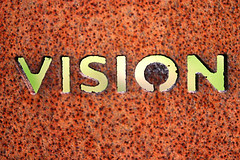 I'm proud to have been part of the creation of two small learning communities – a Ninth Grade Academy and a Summer Prep School for at-risk learners. In each case, we first assembled a team of educators to forge a common vision of teaching and learning. Then schools were organized to accomplish this vision.
I'm proud to have been part of the creation of two small learning communities – a Ninth Grade Academy and a Summer Prep School for at-risk learners. In each case, we first assembled a team of educators to forge a common vision of teaching and learning. Then schools were organized to accomplish this vision.
As a consultant, I've had the opportunity to share my practical experience with educators from across the country. See my website Small Learning Communities that Work for more info.
Last week, I had the opportunity to work with a talented group of teachers and administrators from Helena-West Helena School District in Arkansas. We put the finishing touches on plans for a new ninth grade academy. Their development began earlier this school year with strategic planning and site visits. To get our work started, I sent them this NGA-planning-guide (40KB pdf) in advance. Their responses were a great starting point for our two-day session. By the time we concluded, we had produced a detailed implementation plan as well as mission, "mantra" and key features. As I reminded the team, you need a concise response to the question you'll get in the grocery store, "So what's this new ninth grade academy?"
Judging from the session evaluations, participants felt ready for the academy launch.
"This workshop helped us catch the "ah-ha's" that we never thought of."
"The best part was the collaborative efforts, insights and involvement."
"Thank you for increasing the momentum."
"Our roles and goals are now clearly defined."
Mission Statement – Our mission is to create a safe and supportive environment to enable students to make a successful academic and personal transition to high school. The NGA will provide students with the skills and motivation necessary to take increasing responsibility for reaching their college and career aspirations.
NGA Mantra: Skills + Motivation = Success
Ninth Grade Academy Key Features
1. Dedicated Space: Located in the 9/10 building on the first hall. Each room in the NGA contains a SmartBoard that will be utilized during classroom instructions. The space will provide a safe and supportive environment to assist students in transition to the high school.
2. Team of Teachers/Administrators: The ninth grade academy will be led by the principal, Mrs. Davis along with the team of teachers. This staff will be trained and dedicated to working specifically with the incoming ninth grade class. The goal is that each teacher will become familiar with all students academically and personally. This will support the familial environment of the NGA.
3. Student-Centered Approach to Learning: Teachers will be trained in instructional strategies that support students taking increasing responsibility for their learning.
4. High Expectations: The NGA administration and teachers will hold students to a clearly defined set of high expectations, both academically and behaviorally.
5. Curriculum Designed to Support Skills and Motivation: In addition to the state mandated curriculum, a new course designed specifically for freshmen will be instituted. This course will focus on skill development, life-long learning, and career exploration.
6. Timely Communication to Parents and Community: Online Engrade updates will be available to parents and students. In addition, parents will receive regularly individualized student reports. Via the district website and other district communications, the community will be updated on the progress of the Ninth Grade Academy.
Photo credit: Flickr: Leeroy09481
Like this:
Like Loading...
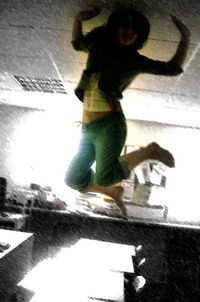 Stop and think about the most significant lessons you’ve learned in life – times when you’ve gained insights or skills of lasting importance. Now reflect for a moment – did this take place in a classroom? were you taught these lessons by a teacher? did the teacher evaluate how well you learned them?
Stop and think about the most significant lessons you’ve learned in life – times when you’ve gained insights or skills of lasting importance. Now reflect for a moment – did this take place in a classroom? were you taught these lessons by a teacher? did the teacher evaluate how well you learned them?
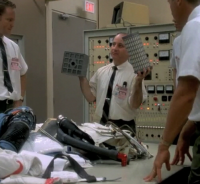

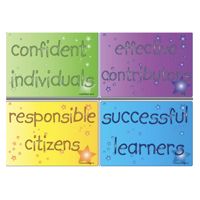
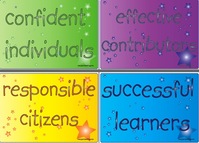

 I'm proud to have been part of the creation of two small learning communities – a Ninth Grade Academy and a Summer Prep School for at-risk learners. In each case, we first assembled a team of educators to forge a common vision of teaching and learning. Then schools were organized to accomplish this vision.
I'm proud to have been part of the creation of two small learning communities – a Ninth Grade Academy and a Summer Prep School for at-risk learners. In each case, we first assembled a team of educators to forge a common vision of teaching and learning. Then schools were organized to accomplish this vision.